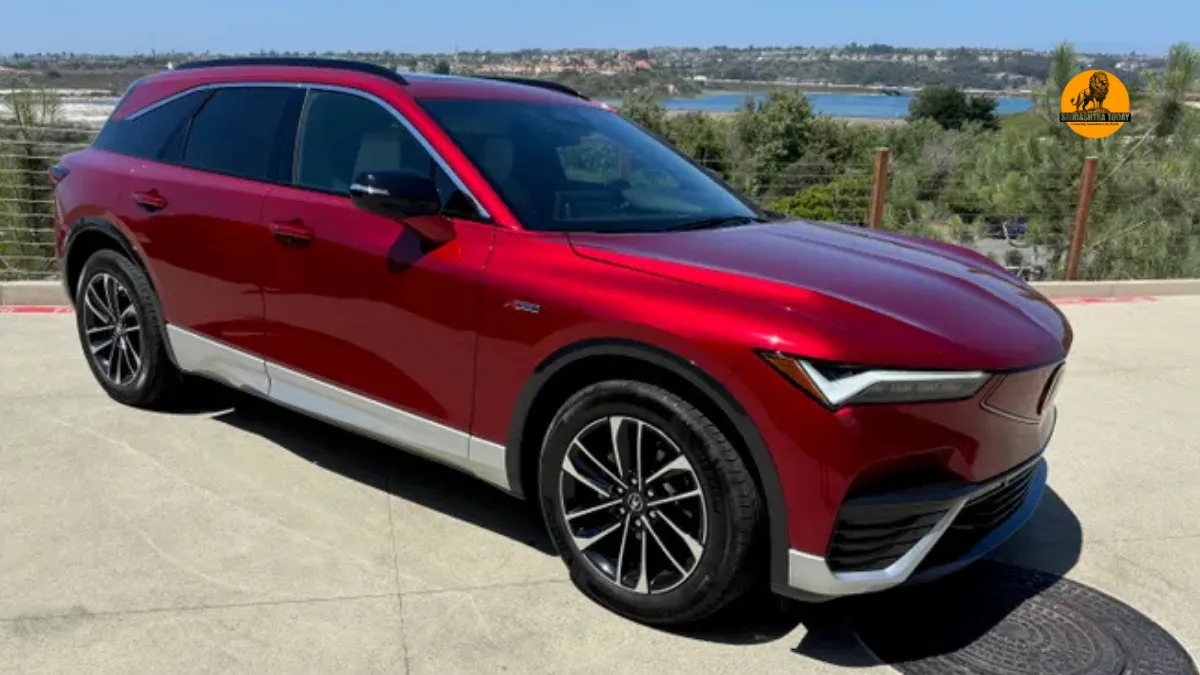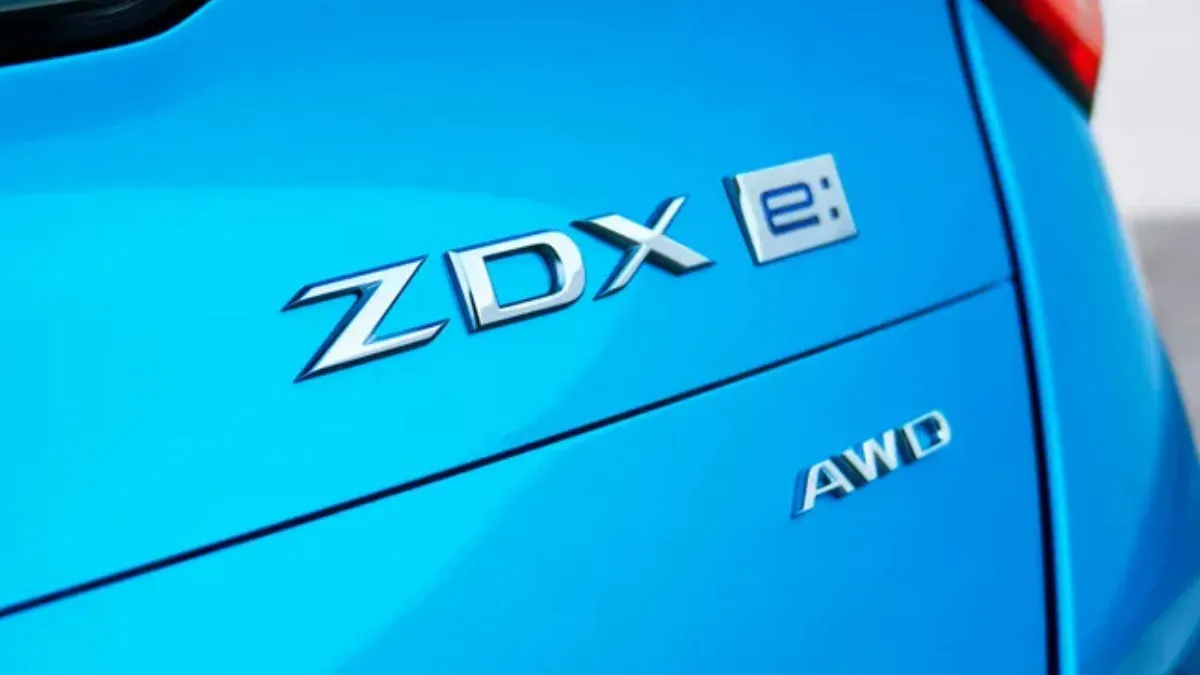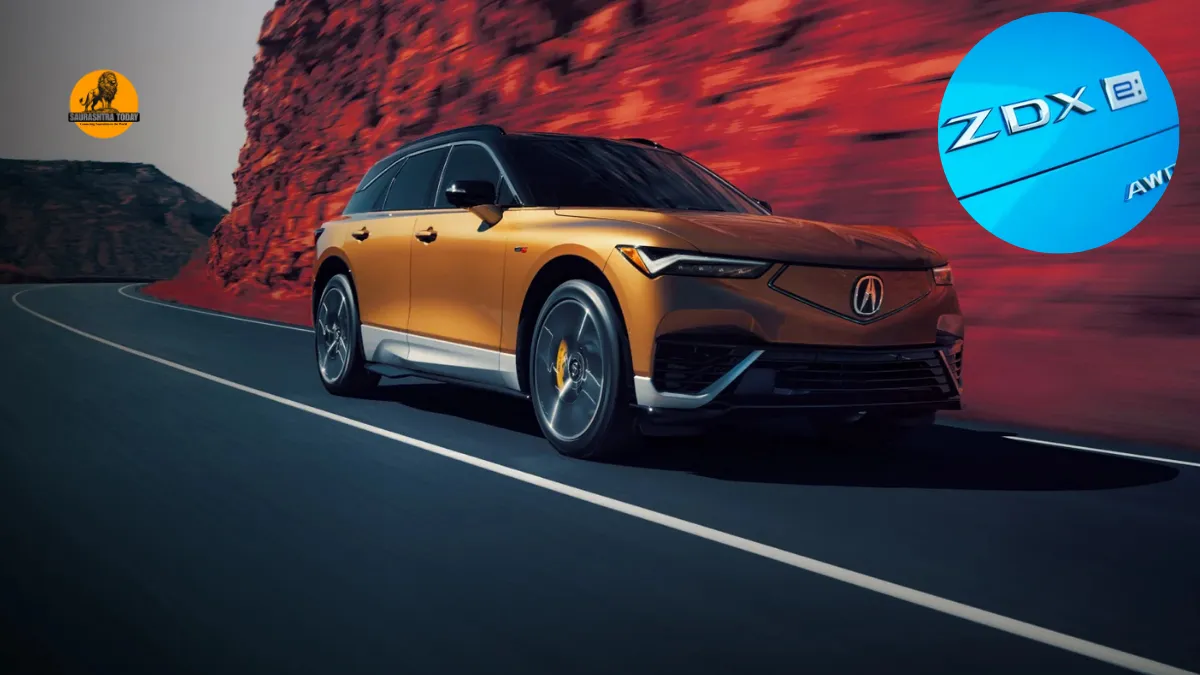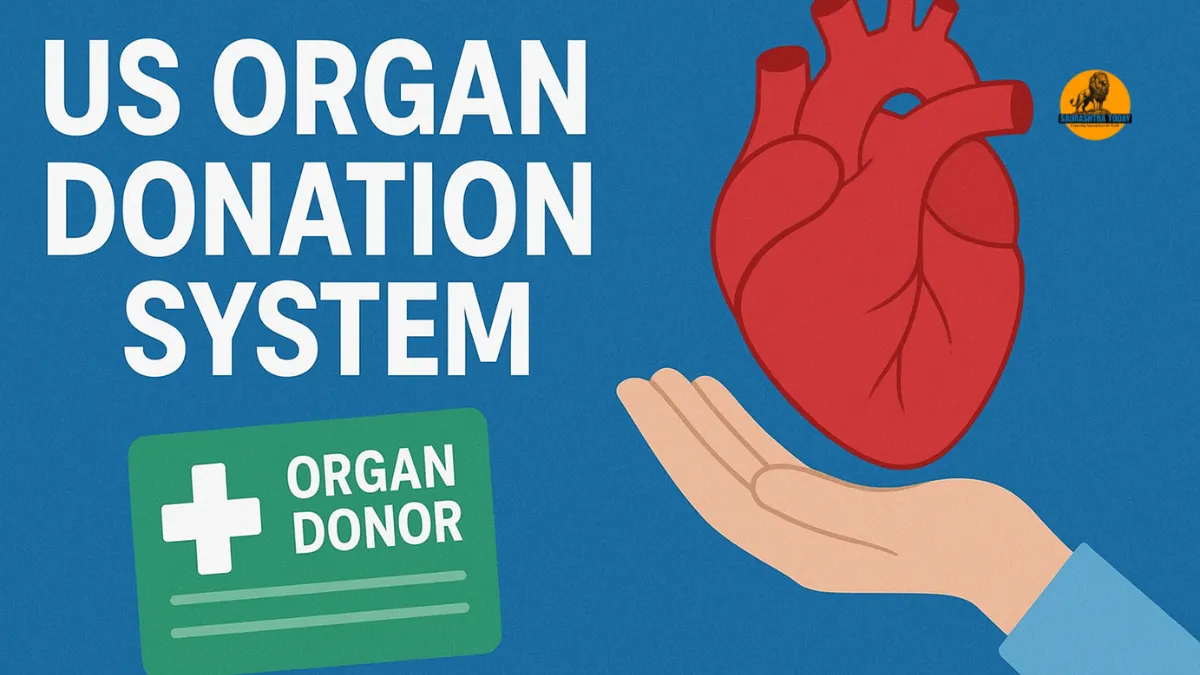In a surprising move that has caught the attention of electric vehicle enthusiasts and automotive industry watchers, Honda has officially canceled the production of the highly anticipated 2026 all-electric Acura ZDX. The decision was confirmed by both Honda and General Motors (GM), who were collaborating to manufacture the vehicle at GM’s Spring Hill Assembly plant in Tennessee. This news marks a significant shift in Honda’s electric vehicle strategy and has several implications for potential EV buyers in the United States.
According to an internal memo obtained by the Detroit Free Press, GM Spring Hill management informed its workforce that the production of the 2026 Acura ZDX luxury SUV would no longer take place. “Honda has decided to cancel all future production of the Acura ZDX, which was slated to begin here at Spring Hill this month,” the memo read. Honda spokesperson Jessica Fini further explained that this decision was made to better align Honda’s product portfolio with customer needs, current market conditions, and the company’s long-term strategic goals.
The Acura ZDX: What Was Expected

The 2026 Acura ZDX was envisioned as a luxury electric SUV with a starting price of approximately $66,000, according to automotive sources such as Car and Driver. The vehicle was expected to offer cutting-edge technology, luxury interiors, and Honda’s signature reliability. However, despite the excitement surrounding this model, the demand for electric vehicles has not expanded as rapidly as many automakers anticipated. Slower EV adoption, combined with the nearing expiration of federal tax incentives for qualifying EVs—up to $7,500—has prompted manufacturers to rethink their production strategies.
Honda’s spokesperson emphasized that the Acura ZDX had indeed played a valuable role in the brand’s electric future. The lessons learned from the ZDX will inform the development of upcoming models, including the all-electric Acura RSX, which is expected to be produced at Honda’s EV Hub in Ohio in the latter half of 2026. Additionally, hybrid-electric Acura models are currently under development, showing Honda’s commitment to diversifying its electric and hybrid offerings.
Impact on Acura ZDX Buyers and Existing Customers

For those who had already purchased or pre-ordered the Acura ZDX, Honda reassured that full product support will continue through the company’s dealer network. This includes service, parts, and warranty coverage. Fini also highlighted that Honda remains committed to electric vehicle development in partnership with GM, as seen with the co-developed Honda Prologue EV and the fuel cell production facility in Brownsville, Michigan.
While the cancellation of the ZDX may disappoint enthusiasts who were eagerly awaiting the new model, it also signals Honda’s strategic focus on aligning EV production with realistic market demand. By concentrating resources on models like the Prologue EV and future hybrid-electric vehicles, Honda aims to ensure that its electric vehicle offerings remain both innovative and sustainable.
GM’s Role and Plant Adjustments
The cancellation of the ZDX does not reflect negatively on GM’s production capabilities. GM’s internal memo emphasized that the Spring Hill workforce remains crucial to ongoing operations. The company will continue producing the Cadillac XT5 and plans to add production of the gas-powered Chevrolet Blazer starting in 2027. Moreover, GM will expand its engine plant nearby with a third shift to increase the assembly capacity of its GEN V V-8 engines used in trucks.
GM’s flexible manufacturing strategy allows the company to adjust to EV market dynamics while continuing to set records. In July and August, GM achieved record EV sales, positioning itself as the second-largest EV manufacturer in the U.S. GM plans to leverage its domestic manufacturing footprint, which includes investing nearly $5 billion over the next two years, to produce over two million vehicles annually in the U.S.
Broader Implications for the EV Market
The cancellation of the Acura ZDX highlights a broader trend in the electric vehicle industry. Many automakers initially anticipated rapid growth in EV adoption, only to face slower-than-expected demand. The federal EV tax credit, set to expire for some vehicles by September 30, 2025, could further dampen future sales. Analysts suggest that the EV market will experience a period of adjustment as manufacturers align production with consumer demand.
Honda’s experience with the ZDX also sheds light on the complexities of developing luxury electric vehicles. Despite achieving its best sales quarter since the launch of the ZDX—with 1,300 units sold in June and 10,335 units sold in the first half of the year—Honda relied heavily on incentives to drive sales. Some customers were able to lease a ZDX for just $5 more per month than a Honda CR-V Hybrid, thanks to federal tax credits, lease cash, and regional incentives totaling over $13,000.
The GM-Honda EV Partnership: Lessons Learned
Honda and GM had formed a partnership in April 2022 to develop a series of affordable EVs using GM’s Ultium battery technology. The plan aimed to produce millions of vehicles starting in 2027, focusing on compact crossover models. The companies also intended to collaborate on future EV battery technology to reduce costs, improve performance, and enhance sustainability. However, in October 2023, Honda CEO Toshihiro Mibe announced that the plan would be discontinued due to business challenges, marking the end of the affordable EV development initiative.
Looking Forward: Acura’s Electric Future
Although the Acura ZDX EV has been scrapped, Honda is strategically positioning itself for the next phase of electrification. The upcoming Acura RSX and various hybrid-electric models signal the company’s commitment to innovation while adapting to market realities. By reallocating resources from the ZDX to these future models, Honda aims to offer vehicles that better meet consumer expectations for technology, luxury, and environmental responsibility.
Honda’s decision also provides insight for potential EV buyers: the industry is still evolving, and automakers are carefully calibrating their strategies to balance innovation with profitability. While some models may be canceled, manufacturers like Honda are investing in scalable, sustainable technologies that will define the next generation of electric and hybrid vehicles.
Also read: Tesla Phone 2025? Fact-Checks, Starlink’s Big Spectrum Move, and Why There’s Still No “Model Pi”
Conclusion
The cancellation of the 2026 Acura ZDX EV underscores the challenges automakers face in the current electric vehicle landscape. Slower-than-expected EV adoption, shifts in federal incentives, and evolving market demands have influenced Honda’s strategic decisions. For existing ZDX customers, Honda ensures full support and service continuity. For prospective buyers, the news emphasizes the importance of keeping abreast of industry trends and understanding how automakers adjust their portfolios to align with market realities.
While the ZDX EV may no longer grace American roads, its legacy will inform Honda’s future electric and hybrid offerings. With models like the all-electric Acura RSX and upcoming hybrid-electric vehicles, Honda continues to navigate the transition toward a sustainable automotive future. The story of the Acura ZDX EV scrapped is a reminder that the EV revolution is dynamic, requiring both consumers and automakers to adapt continuously to a rapidly changing market.
















